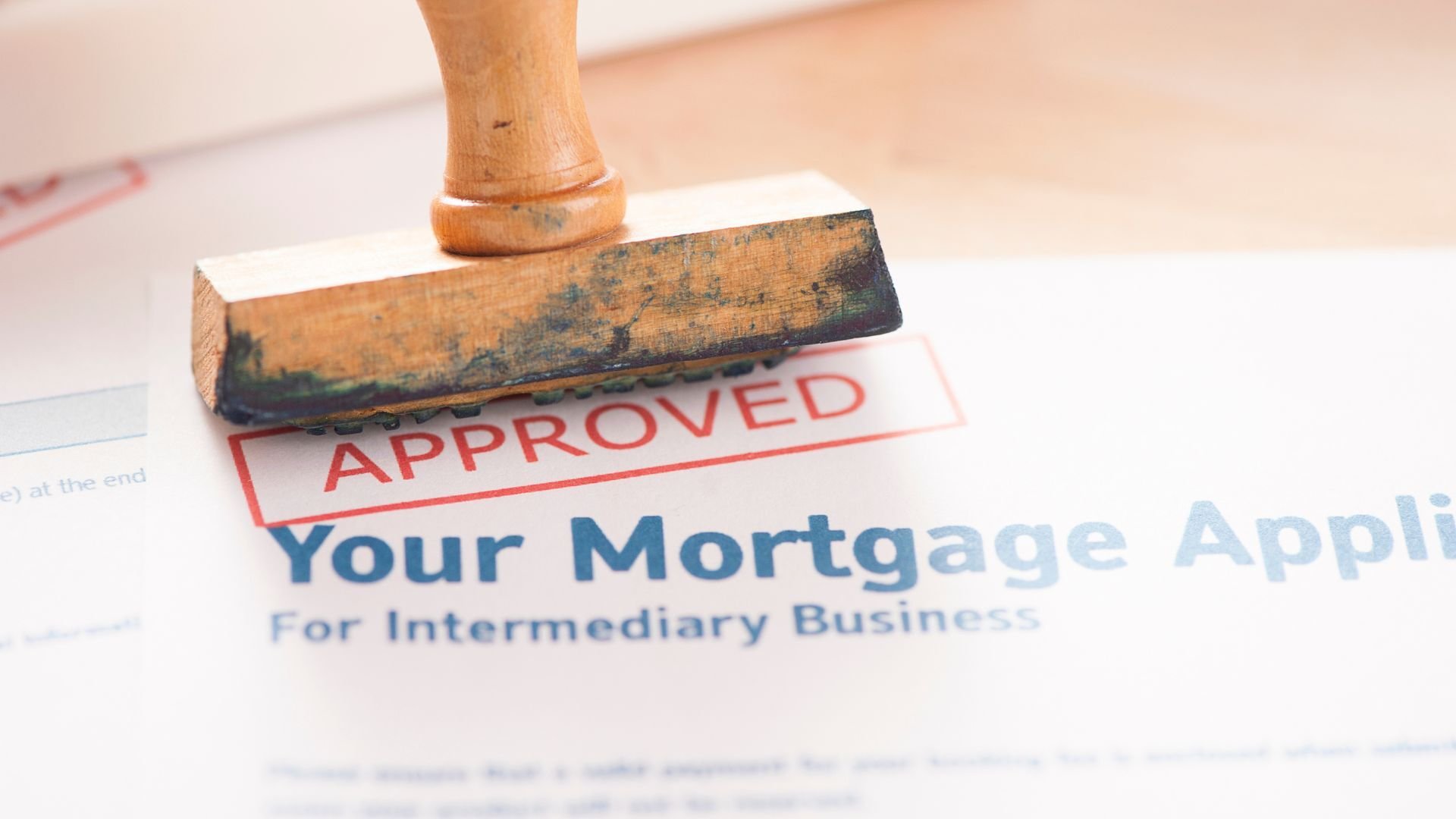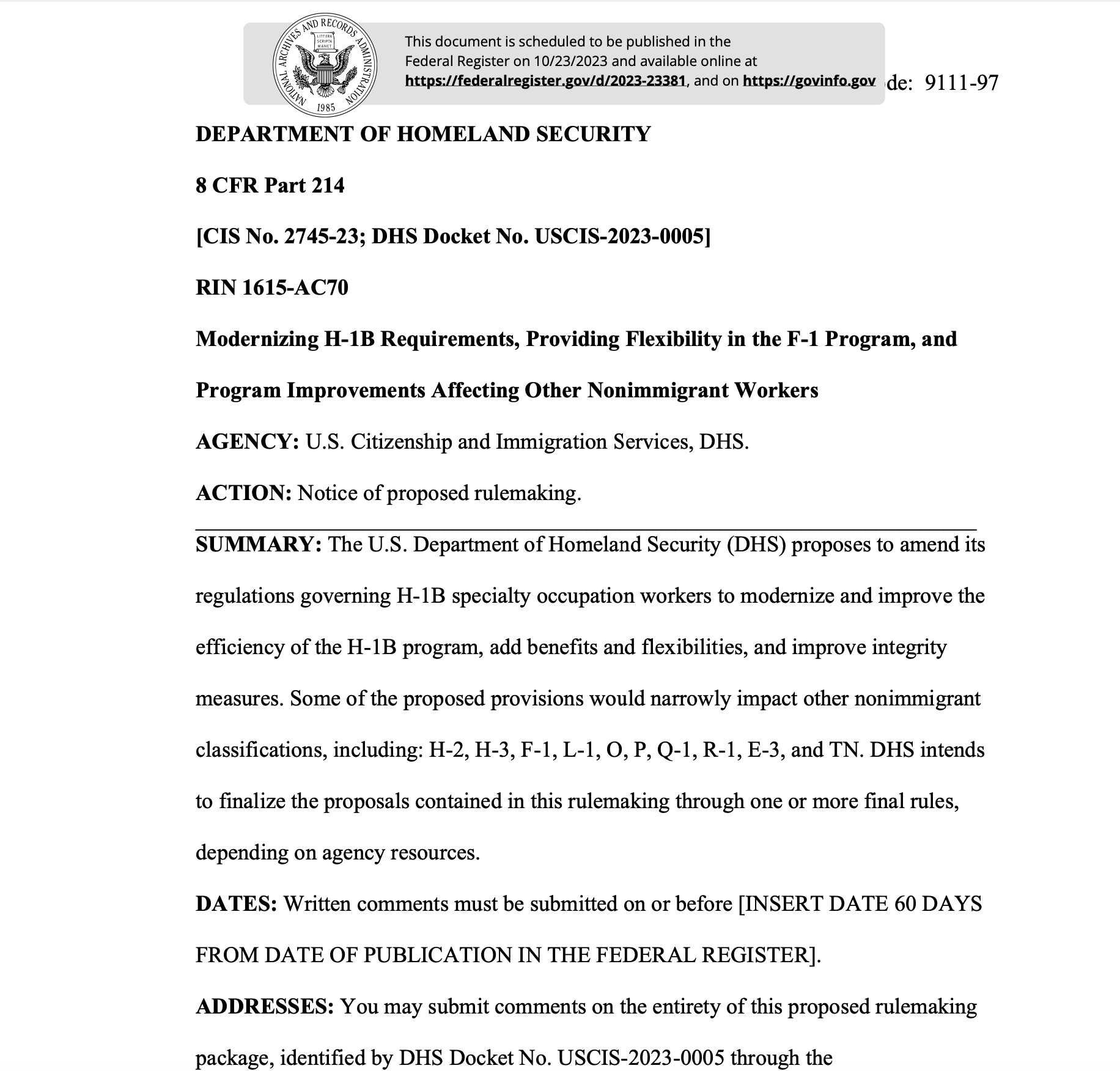If you’re working in the United States on an H1B visa, you may be wondering: Can I buy a house here? The good news is yes—H1B visa holders can both purchase homes and qualify for mortgages.
Many H1B professionals eventually decide to buy a property rather than continue renting. Buying a home not only provides stability for you and your family but also allows you to build equity in the U.S. housing market. It can feel like a big leap, especially if your long-term immigration status is still uncertain, but thousands of H1B holders successfully navigate the mortgage process every year.
This guide breaks down the essentials: eligibility, loan options, documentation, challenges, and insider tips to improve your chances of approval.
Table of Contents
- Eligibility & Documentation Requirements
- Loan Options for H1B Visa Holders
- Down Payments, Credit Scores & Key Requirements
- Challenges H1B Buyers Face
- Tips & Next Steps

1. Eligibility & Documentation Requirements
Mortgage lenders are primarily concerned with your ability to repay the loan. Being on a temporary work visa adds some complexity, but it does not disqualify you. To be eligible for most U.S. mortgage programs as an H1B visa holder, you typically need to show:
Basic Eligibility Requirements:
- Valid H1B visa status.
- Employment in the U.S. with consistent income.
- A Social Security Number (SSN).
- A U.S. credit history (length and strength may vary by lender).
Documentation Lenders Commonly Request:
- Proof of legal status: visa stamp, I-94 record, passport, I-797 approval notice.
- Employment verification: offer letter, employer verification letter, recent pay stubs, and sometimes an employment contract.
- Income documentation: W-2 forms, tax returns for the past 2 years, bank statements.
- Credit history: U.S. credit report (or international credit reports for “foreign national” loan programs).
👉 Important note: If your visa is set to expire within the next 12 months, many lenders will require an employer letter confirming that they plan to extend your visa or continue your employment.
2. Loan Options for H1B Visa Holders
One of the biggest myths is that H1B visa holders have limited mortgage options. In reality, most of the same loan types available to U.S. citizens and permanent residents are also available to H1B workers. Here are the most common:
Conventional Loans
- Down payments as low as 3–5% (with private mortgage insurance if under 20%).
- Require a credit score of ~620 or higher.
- Ideal if you already have an established credit history in the U.S.
FHA Loans
- Designed for first-time buyers but open to H1B visa holders with valid SSNs.
- Low down payment (as little as 3.5%).
- More flexible credit requirements (scores starting ~580).
- Must meet FHA loan limits, which vary by county.
Jumbo Loans
- Required if the loan amount exceeds the conforming loan limits (currently $766,550 in most areas for 2024).
- Stricter rules for non-permanent residents: higher down payments (often 20–30%) and stronger credit history required.
International Borrower Programs
- Offered by some global banks (e.g., HSBC, Citi) for buyers without U.S. credit.
- May allow alternative credit checks (like international credit reports).
- Often require large deposits with the bank or higher down payments (sometimes capped at 75–80% loan-to-value).
3. Down Payments, Credit Scores & Key Requirements
While the loan options are broad, H1B visa holders should understand the numbers lenders look at most closely:
Down Payment Requirements
- 3%–5% minimum for conventional and FHA loans.
- 20% or more for jumbo or foreign national programs.
- If you put down less than 20% on a conventional loan, you’ll pay Private Mortgage Insurance (PMI) until you build ~20% equity.
Credit Score Expectations
- 620+ for most conventional loans.
- 580+ for FHA loans.
- 700+ often expected for jumbo loans.
- International borrower loans may use foreign credit history if U.S. credit is thin.
Other Key Financial Requirements
- Debt-to-Income Ratio (DTI): Ideally under 43%, though some lenders allow higher with compensating factors.
- Employment history: At least 2 years of work in the U.S. preferred, though recent graduates with stable job offers may qualify.
- Cash reserves: Some lenders require a few months of mortgage payments in savings as a safety net.

4. Challenges H1B Buyers Face
Even though H1B visa holders can qualify for mortgages, the process comes with some unique challenges:
Immigration-Related Challenges
- Visa renewals: If your visa is within a year of expiration, lenders may require extra proof of continued employment.
- Long-term uncertainty: Buying a home is a big commitment if you might relocate back to your home country.
Financial & Credit Challenges
- Limited U.S. credit history: Many H1B workers are new to the U.S. and may not have a long credit track record.
- Higher down payments for jumbo loans or international borrower programs.
- Difficulty using overseas assets for down payments (funds often need to be transferred and seasoned in a U.S. bank account).
Lending Policy Challenges
- Not all lenders are familiar with visa-specific situations.
- Some first-time homebuyer assistance programs are restricted to permanent residents or citizens.
5. Tips & Next Steps for Success
Buying a home on an H1B visa is entirely possible, but preparation is key. Here are practical tips to boost your approval odds and reduce stress:
- Start building credit early. Open a credit card, use it responsibly, and pay bills on time. A strong FICO score is one of the most important factors.
- Save aggressively for a down payment. A larger down payment reduces lender risk, may eliminate PMI, and strengthens your application.
- Stabilize employment. Avoid major job changes before applying for a mortgage. Lenders like steady employment history.
- Get pre-approved. This gives you a realistic budget, strengthens your offer when house hunting, and helps you spot issues in advance.
- Work with experienced lenders. Choose banks or mortgage brokers who have worked with H1B buyers before—they’ll know the right documentation requirements and avoid unnecessary roadblocks.
- Plan for “what if.” Consider what happens if you have to leave the U.S. suddenly. Many H1B homeowners rent out their property if they relocate.
Conclusion
H1B visa holders absolutely can—and do—buy homes in the U.S. every year. While there are some extra hurdles to clear, the process is very achievable with the right preparation, strong financials, and the right lender on your side.
If homeownership is part of your American dream, start building credit, save diligently, and connect with mortgage professionals who understand visa-specific cases. With careful planning, you can confidently transition from renting to owning your own place in the U.S.
You May Also Like
These Related Stories
Understanding the H1B Employer Blacklist

Breaking News: Revolutionizing the H1B Process: Key Takeaways from USCIS's Latest Proposals

.jpg?width=1200&height=400&name=Refer%20us%20to%20your%20friend%20and%20Earn%20$200+%20Bonus%20(1).jpg)
%20(1).jpg?width=288&height=480&name=%E9%87%8E%E7%81%AB%E4%B8%8A%E5%B2%B8%E7%BE%A4%E4%BA%8C%E7%BB%B4%E7%A0%81%20(600%20x%201800%20px)%20(1).jpg)
No Comments Yet
Let us know what you think